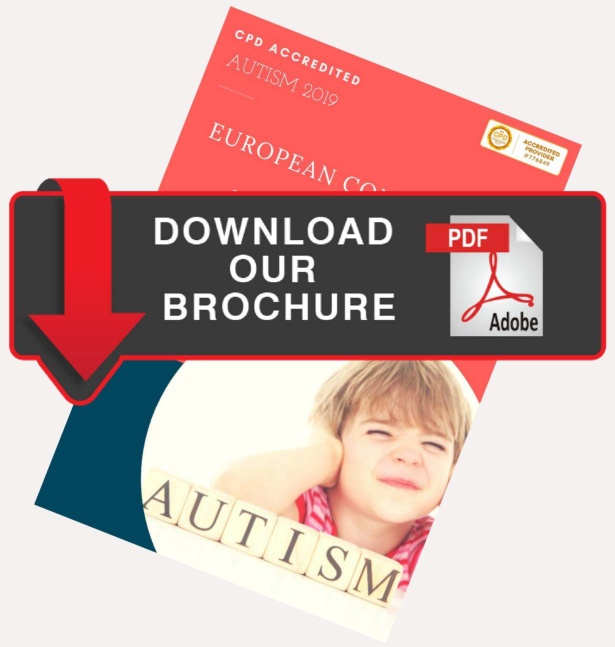
Patrick Bolton
King’s College London, UK
Title: Distinct risk pathways to autism spectrum disorder and attention deficit hyperactivity disorder in tuberous sclerosis complex
Biography
Biography: Patrick Bolton
Abstract
Tuberous Sclerosis Complex (TSC) is associated with high rates of autism spectrum disorder (ASD) and attention deficit hyperactivity disorder (ADHD).
The aim of this study was to characterise the interaction between risk pathways leading to ASD and ADHD in TSC.
Participants were recruited from the UK TS 2000 Study Cohort, a nationally ascertained longitudinal study of TSC. In Phase 1 of the study (n=125, median age=66 months), data on epilepsy and cortical tuber count were gathered. In Phase 2 of the study (n=88, median age=148 months), information on developmental outcome, including ASD and ADHD, was obtained and an extensive cognitive battery was administered.
Structural equation modeling indicated distinct risk pathways linking the type of mutation (TSC1/TSC2) to ASD and ADHD symptoms. Indirect pathways to ASD operated through (1) increased cortical tuber load, to increased severity of seizures in the first two years of life, to deficits in social cognition, to ASD. In contrast, indirect pathways to ADHD operated through (1) increased tuber load, to increased severity of seizures in the first two years of life, to impaired EF, to ADHD.
The findings suggest that cognitive deficits may mediate the relationship between seizures early in life and later behavioural symptoms. Importantly, the findings suggest that there are disorder-specific cascading risk pathways to the complex behavioural manifestations of TSC. Identification of distinct clinical and cognitive markers that are associated with ASD and ADHD in TSC will aid in targeting more specific treatment and intervention strategies to improve later behavioural outcomes.

